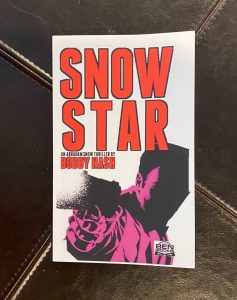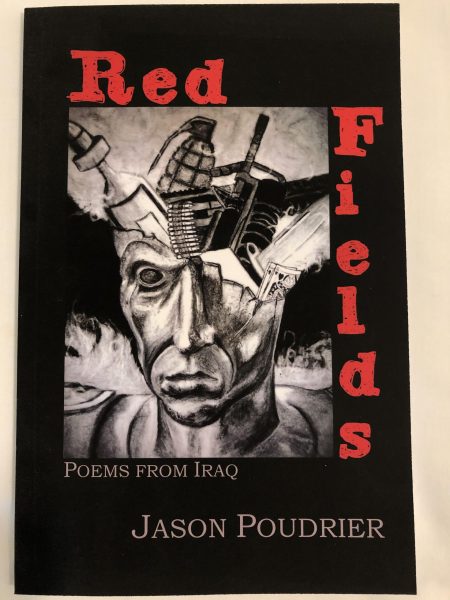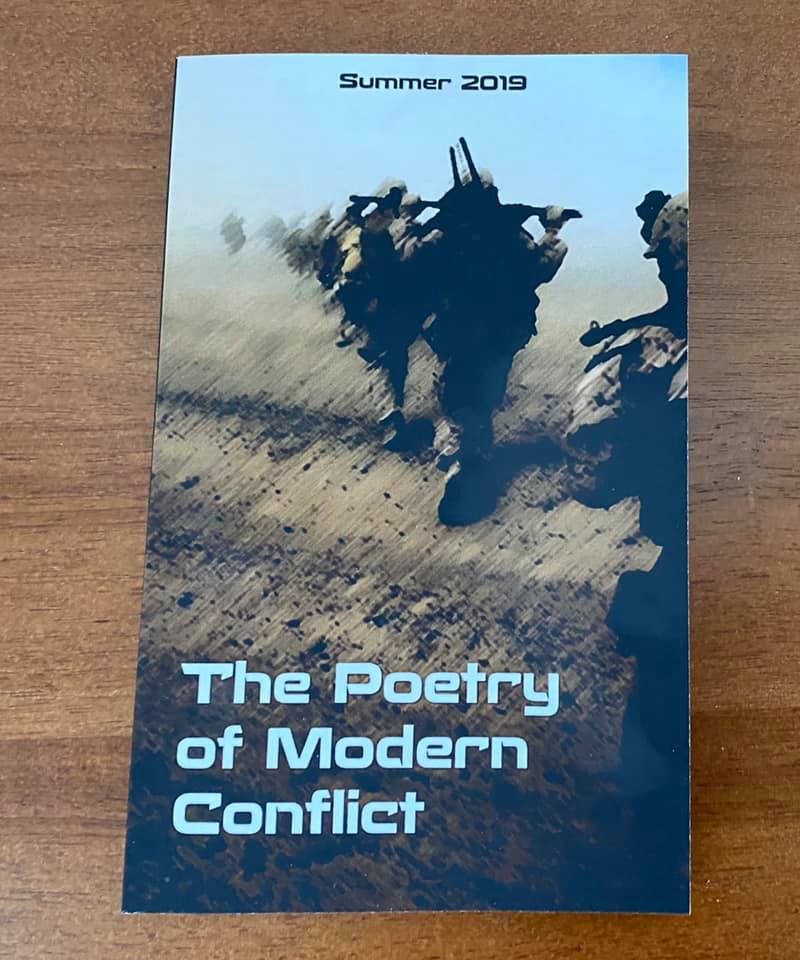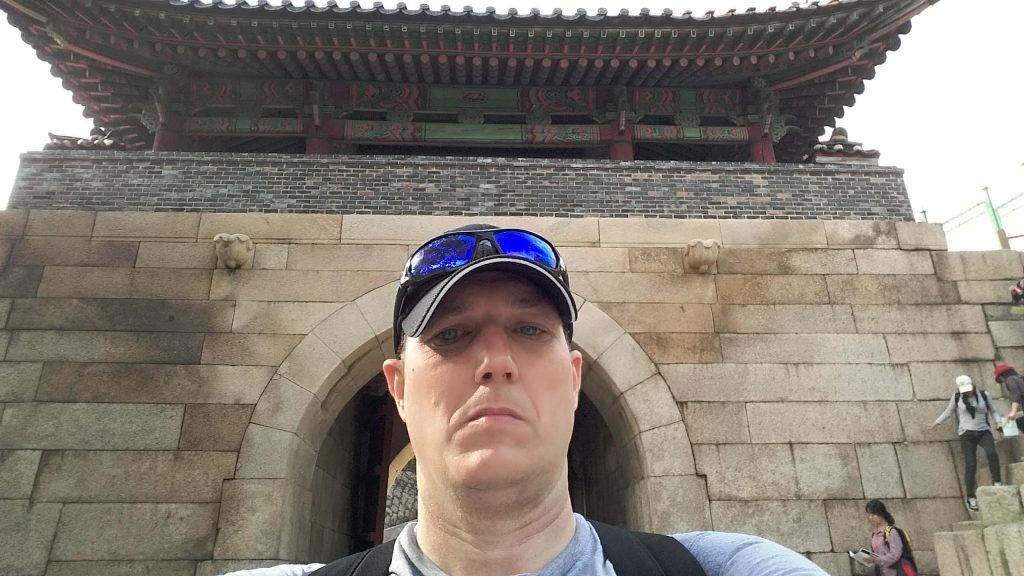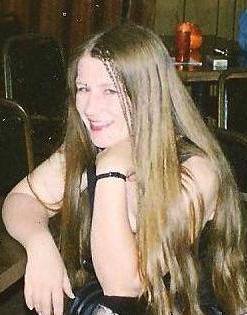
Who is Ruth de Jauregui and why do you write?
I’m a California girl, born and raised. I’m also Welsh and a mutt of the palest persuasion, so yeah, I’m a white girl. My Mom’s family is from the South, so we have the usual Cherokee story. Trust me, it’s just a story, proven by both DNA and documentation (many, many thanks to the Facebook Cherokee Genealogy group who researched our tall tale and proved it wrong).
My last name was acquired from my ex-husband, who is a good guy. We were young and just not right for each other. It’s all good. He’s Basque from Spain via Mexico and on to the United States. You pronounce de Jauregui like this: they-how-rhey-ghee …but look, just call me Ruth.
Why do I write? I’ve been a reader since the day I could pick up a book, and then I discovered science fiction and fantasy. Probably Edgar Rice Burroughs from my parents’ bookshelf, but then I discovered Andre Norton at the library! I was in heaven. Well, actually, I was on the Solar Queen or looking for the Zero Stone or meeting aliens on a strange new world. The Lord of the Rings, Mercy Thompson, The Rivers of London, Mona Livelong, and more fill my bookshelves.
I’ve always wanted to write books, but it took me a long time to get started. Work, kids, kicking it down at the club on the weekends, you know how it is. I was busy.
Where do you live and what do you do when you’re not writing?
I currently live on the southern edge of the Pacific Northwest. When I’m not working on the next novel or writing home-and-garden articles for eHow and SFGate, I’m reading or sleeping or working the phones at my part-time job (Actually, in my home office. COVID allows me to work at home so that silver lining thing is definitely happening here).
How long have you been writing and what have you learned about yourself through your writing?
My first book, Ghost Towns, was published in 1988. I was given the opportunity by Bill Yenne, my boss at American Graphic Systems. I spent 10 years designing books. Writing brought out the fact that I’m a horrible procrastinator. It took five years to write my first Bitter novel, but Bitter Sins is going quicker.
I’ve also found that I’m a pantser when it comes to fiction. I’m tapping away on the keyboard and all of a sudden, the characters take over and where the heck did that come from? Strangely, I’m the opposite with nonfiction. I outline the whole article or book before I start.
I’ve also learned a lot about writing characters. I can write a BIPOC woman in the context of the story, but I can’t write how it is to be a BIPOC person because, well, I’m white. There are nuances to every action. I’m fortunate that my daughter (who is the face of Bitter) is able to get me back on track when I’ve overstepped my boundaries and drifted into the ditch.
What audience are you trying to reach with your work? Is there an audience for Ruth de Jauregui?
Well, the nonfiction is all about history, cooking and gardening. There’s always an audience for all of that.
Fiction? Well, I write California-based, BIPOC main characters set in the diverse world that I live in. My audience? Well, I hope there’s an audience for complex, ornery women who navigate an urban fantasy landscape that’s just down the street and around the corner from our “real” world. Maybe I should put it the other way – if a person is offended by BIPOC main characters – well maybe that individual isn’t my audience.
What are the elements of a good story?
Complicated characters, a snarky sense of humor, imaginative settings and plot lines and for god’s sake, no more “white guy saves the universe” tropes. They’re boring. Been there, read that, it’s old.
Tell us about your latest book.
Bitter is a homicide detective in Sacramento, California. She’s well known in her world as an extremely successful detective, which leads to reporters following her around and unexpected encounters with admiring fans.
She’s ornery, middle-aged, has a tuxedo cat named “Gato,” and buys tamales and elote from the tamale man who comes around her Alkali Flat neighborhood every week. She drinks wine and listens to Brazilian jazz. She doesn’t believe in ghosts, or things that go bump in the night, but strange creatures live in her city and some she’s seen with her own eyes.
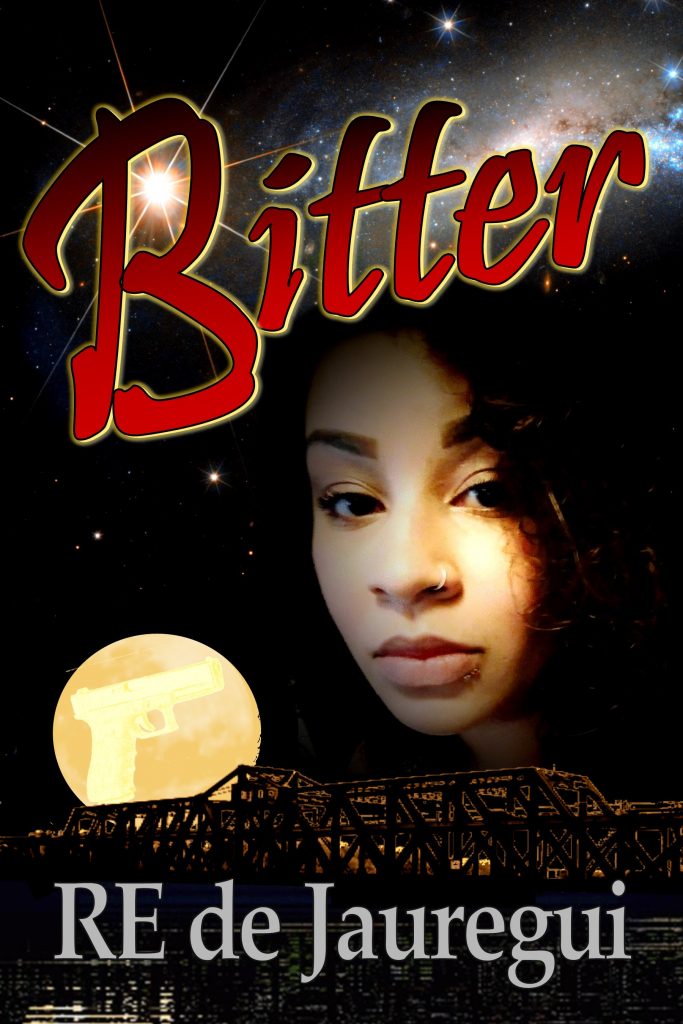
And when something hisses from a dark alley, it’s not always a cat.
Where do you see your writing career five years from now?
I hope to have at least five Bitter books out, as well as the four book fantasy series that I was working on when Bitter was conceived. She shoved everything else aside, including a steamfunk alternate history set in 1840s California. I have at least five projects on the back burner.
What are you working on now?
The second Bitter book, Bitter Sins, is nearly done. She’s gone outside of her usual stomping grounds and found plenty of mayhem and murder in Las Vegas. I’m in the midst of the big rewrite and edit. There’s still work to do though – I’ve misplaced a body. Darn.
Anything else we need to know?
Oh, gee. I’m a mom and grandma. Three kids, three dads, yeah, lots of life experience to weave into my stories. Mi familia es todo. Forever and ever.
Professional life includes retired public employee, graphic artist, and writer. I’ve held a wide assortment of jobs and gigs, including security guard, disc jockey, signmaker, inventory specialist, and food service worker.
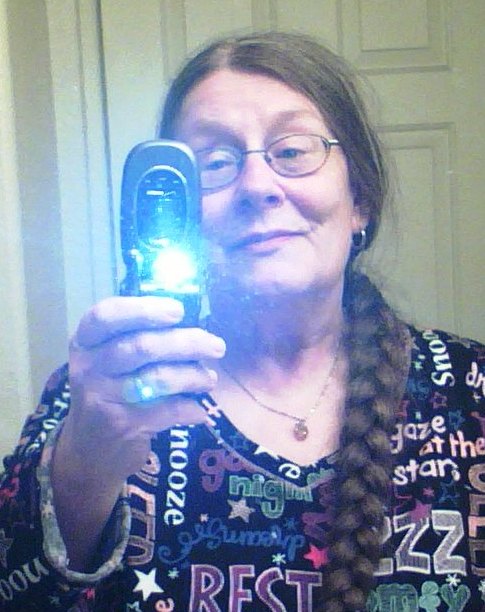
Oh, and I have a science fiction and fantasy website geared toward teens and young adults of Color, Alien Star Books. It’s all about getting our kids to read, by any means necessary. Representation is important and every child should be able to see themselves as the main character and hero of exciting adventures.
About the interviewer:
Derrick Ferguson is a pulp, western, and thriller author from Brooklyn, New York. His current books are the Dillon series.

